Have we reached the era of flying cars?
Nick Kwek looks at how close we are to personal aviation vehicles and the challenges they face.
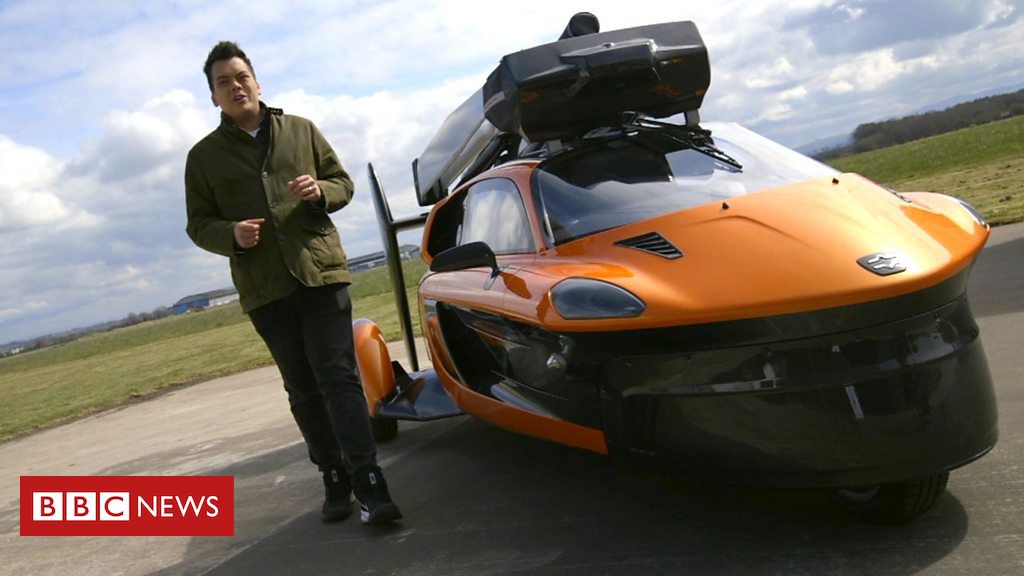
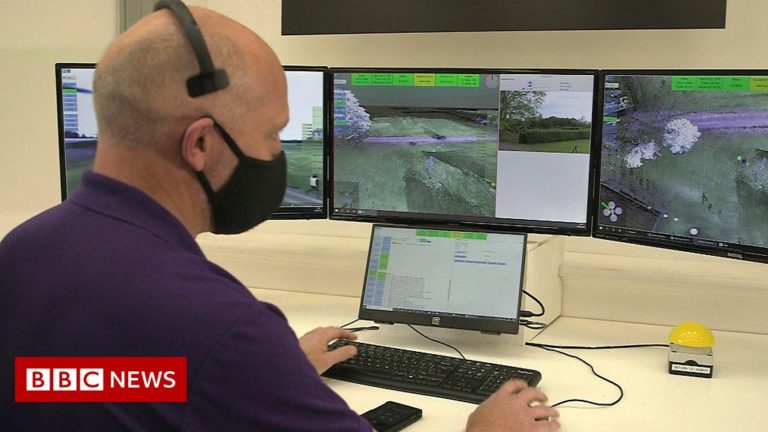
Anyone piloting a drone usually needs to keep it in sight, but new technology will make it easier to pilot them remotely from hundreds of miles away. BBC Click’s Paul Carter looks at how the technology could transform our lives. See more at Click’s website and @BBCClick
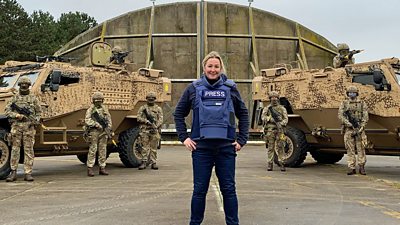
SimCentric’s virtual reality system Saf-Tac combines the Oculus Rift S headset and the Unreal Engine software to create training simulations for the military. The software allows the creation of 3D virtual worlds using ready made parts, meaning bespoke environments can be rapidly produced for each mission. While undergoing trials at RAF Honington, BBC Technology reporter…
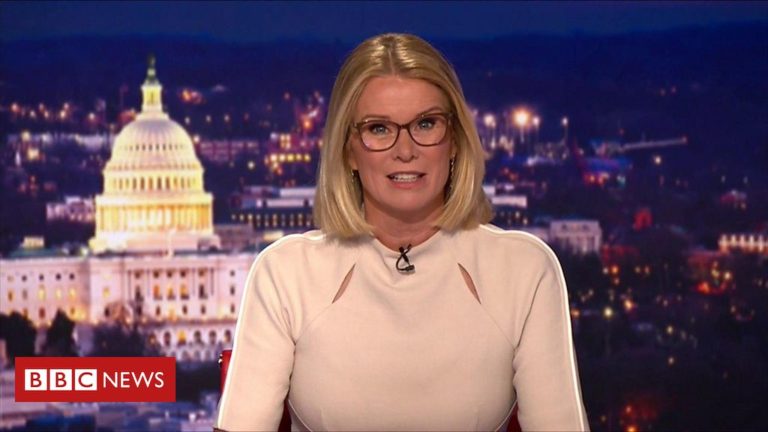
Legendary anchor Katty Kay signs off from the BBC for the final time.

Halima Aden, the world’s first hijab-wearing supermodel, meets US fashion designer Tommy Hilfiger in a BBC 100 Women exclusive to talk about why she quit the industry, and how to tackle racism and discrimination in fashion. See the full programme here World Service Global Religion Reporter: Sodaba Haidare Produced and directed by: Joanne Whalley UK…
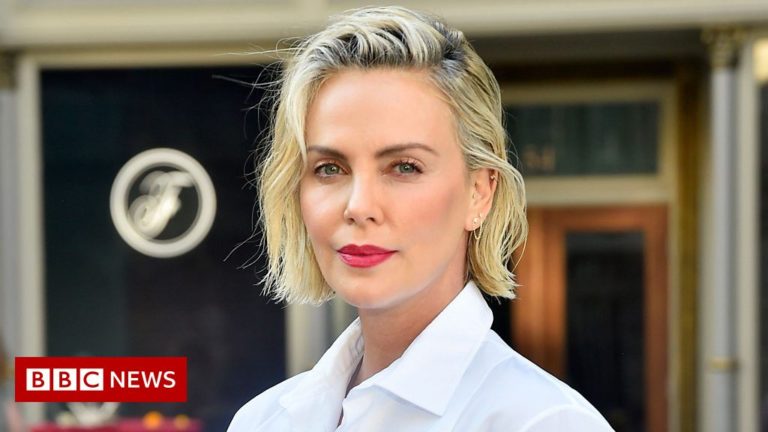
Charlize Theron says countries have to start sharing vaccines if we are to reach the World Health Organization’s goal of vaccinating 70% of the planet next year. The actress, who has joined the social justice organisation Ford Foundation, wants the World Trade Organization to agree a waiver on vaccine patents – so countries can manufacture…
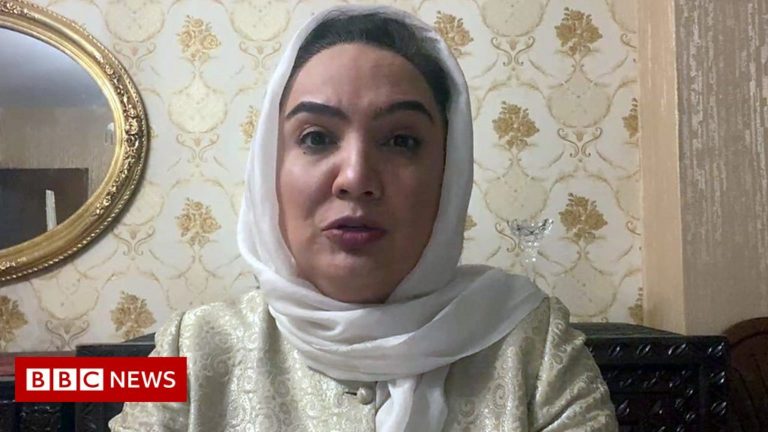
Afghan politician Shukria Barakzai on her fears as the Taliban continues to advance in Afghanistan.